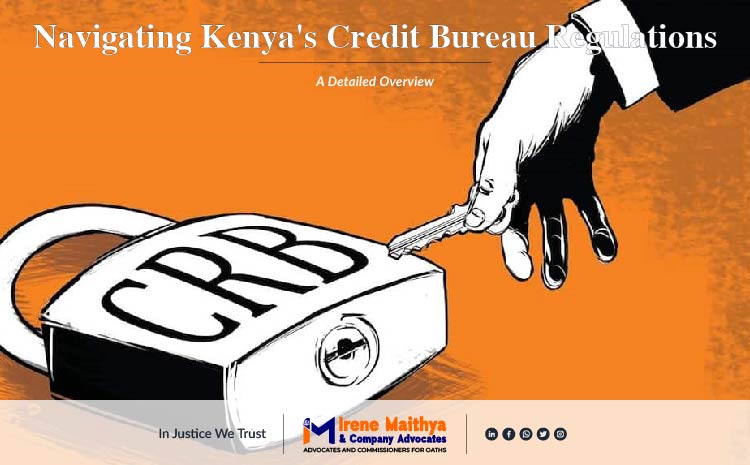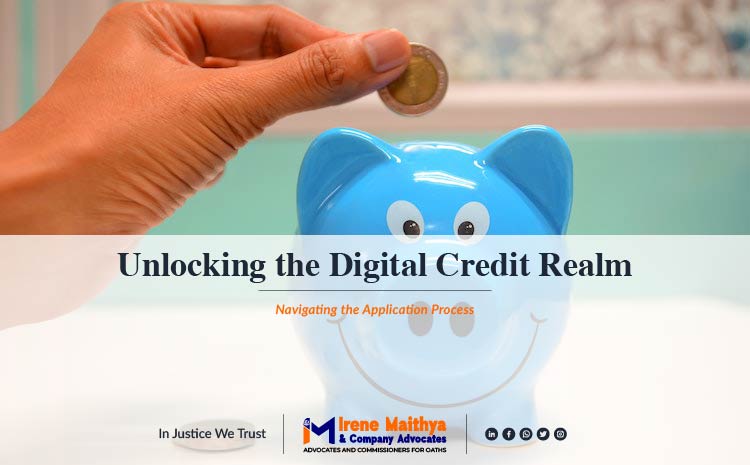
Managing your financial health is a crucial aspect of modern life. Whether you're planning to buy a car, get a mortgage, or even apply for a credit card, your credit history plays a significant role in determining your eligibility and the terms you'll receive. In Kenya, just like in many other countries, this financial history is tracked and managed by credit bureaus.
In this blog post, we'll introduce you to the world of credit bureaus in Kenya, explaining what they are, how they work, and why they matter in your financial journey.
What is a Credit Bureau?
A credit bureau is an organization that collects and maintains credit information on individuals and businesses. Its primary role is to provide lenders and creditors with detailed credit reports on borrowers, helping them make informed decisions about extending credit. In Kenya, credit bureaus are regulated by the Central Bank of Kenya and are essential players in the financial industry.
Why Do Credit Bureaus Matter?
1. Credit Assessment: Credit bureaus compile credit reports that include your credit history, payment behavior, outstanding loans, and credit scores. Lenders use this information to assess your creditworthiness when you apply for loans or credit.
2. Fair Lending: Credit bureaus promote fair lending practices by ensuring that lenders have access to accurate and up-to-date information about borrowers. This reduces the risk of lending to individuals who may have a history of defaulting on loans.
3. Lower Interest Rates: Having a positive credit history can lead to better loan terms and lower interest rates. Responsible financial behavior can save you money in the long run.
How Do Credit Bureaus Work?
1. Data Collection: Credit bureaus collect financial data from various sources, including banks, microfinance institutions, SACCOs, and other financial institutions. They also gather public records and information from utility providers.
2. Credit Repoting: This data is used to create credit reports for individuals and businesses. These reports include your credit history, outstanding debts, and any negative information such as late payments or defaults.
3. Credit Scores: Credit bureaus calculate credit scores based on your credit history. These scores provide a quick snapshot of your creditworthiness.
4. Access to Credit Reports: Lenders and creditors request credit reports from bureaus when you apply for credit. They use this information to make lending decisions.
Conclusion
Understanding credit bureaus and the role they play in your financial life is crucial for making informed decisions about your credit. Building and maintaining a positive credit history can open doors to better financial opportunities. Stay tuned for more in-depth articles on how to manage your credit effectively and improve your financial well-being. For business persons, watch out for the application and licensing procedure in our next read.
Remember..
Your credit history is a valuable asset, and credit bureaus are here to help you make the most of it.








Leave a comment